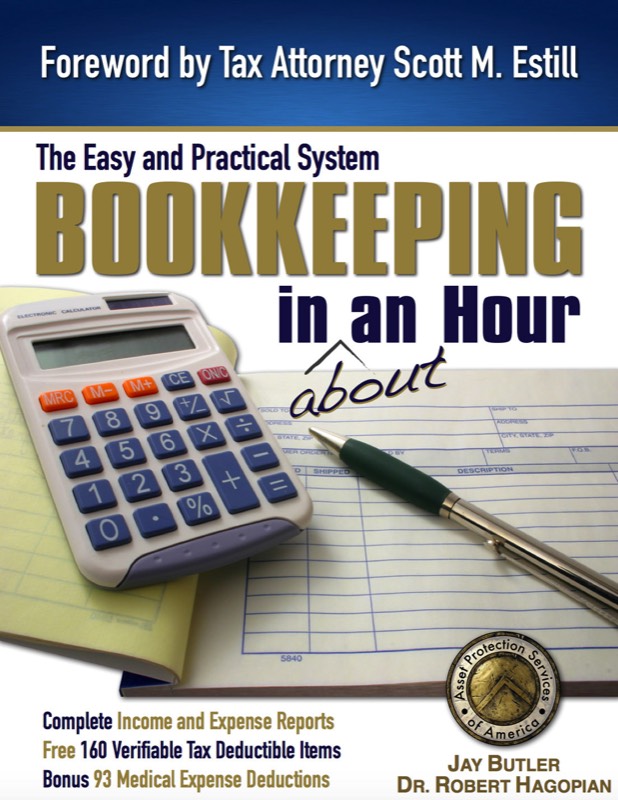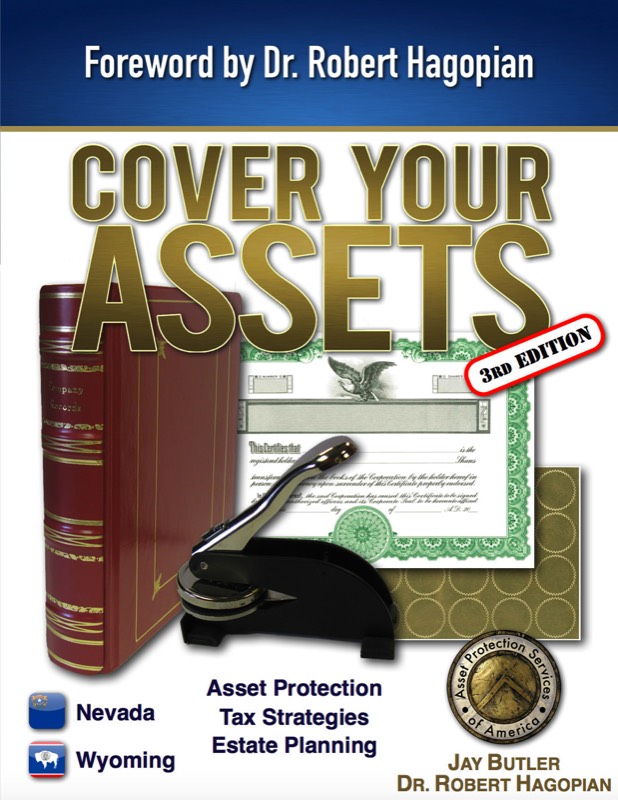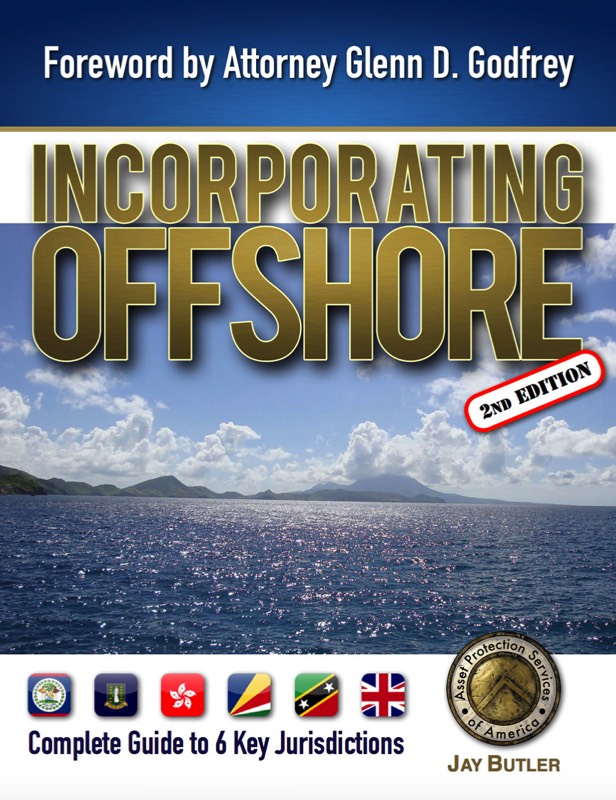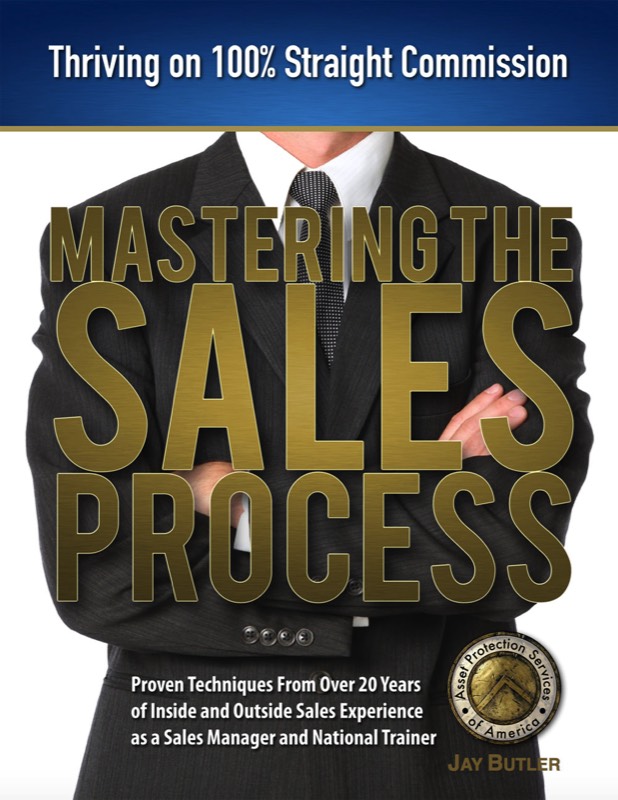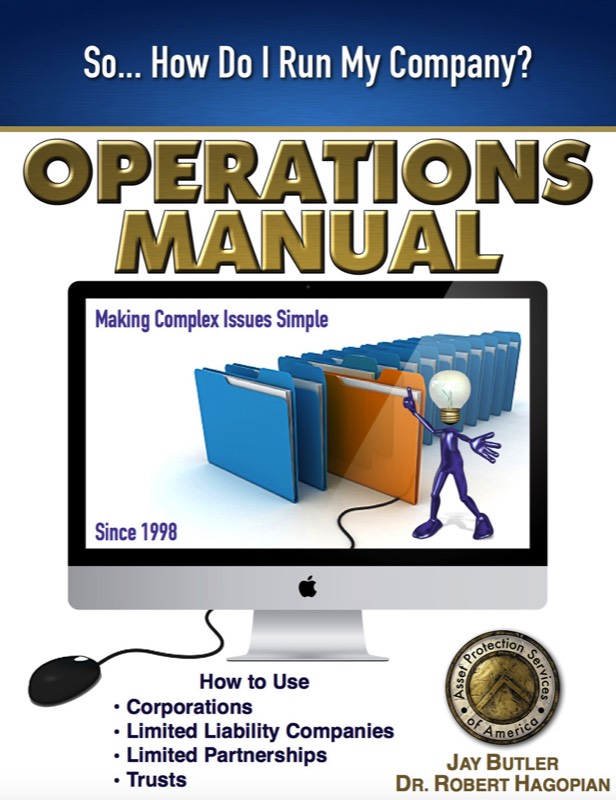Asset Protection Services of America Trust
© 2004-2026 Ameritalia Trust. All Rights Reserved.
Irrevocable Spendthrift Trust
Pay No Capital Gains Tax
Asset Protection Services of America Trust is an Authorized Agent of the original, proprietary and copyrighted Benson Financial Trust. Our trust instruments have been in use for over 53-years, which is to say more than half-a-century. To put that into perspective, Limited Liability Companies were not created in Wyoming until 1977 nor fully adopted by all 50 States until the early 1990's. So our trusts have been in existence, and in use, for up to 20-years longer than most States have had LLC's.
Our trusts have been purchased by more than 125,000 satisfied clients with over one-million complex trust 1041 federal income tax returns having been filed. In-fact, no client has ever lost an IRS correspondence or forensic audit, and no one has ever been arrested, indicted or imprisoned for using (or promoting) our trust structures. Moreover, our trusts have been copyrighted for 28-years under filed registration number TXu928247. Our legal opinions from attorneys-at-law, judges, law firms and tax attorneys, span a period of almost 30-years documenting the efficacy of our trusts and are available below for your free download.
Our trusts have been purchased by more than 125,000 satisfied clients with over one-million complex trust 1041 federal income tax returns having been filed. In-fact, no client has ever lost an IRS correspondence or forensic audit, and no one has ever been arrested, indicted or imprisoned for using (or promoting) our trust structures. Moreover, our trusts have been copyrighted for 28-years under filed registration number TXu928247. Our legal opinions from attorneys-at-law, judges, law firms and tax attorneys, span a period of almost 30-years documenting the efficacy of our trusts and are available below for your free download.
Free
Informational Package
Please be patient while down-loading this document as
it is in excess of 335-pages in length and 65 MB in size.
Version 2.60130
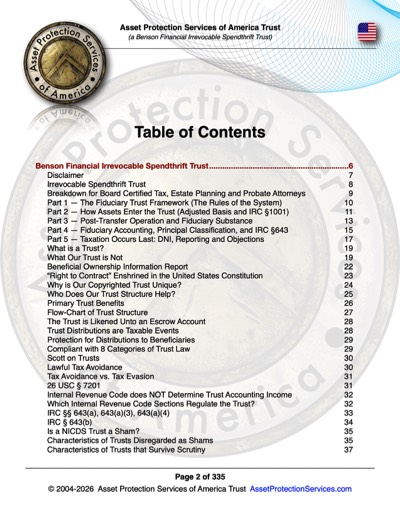
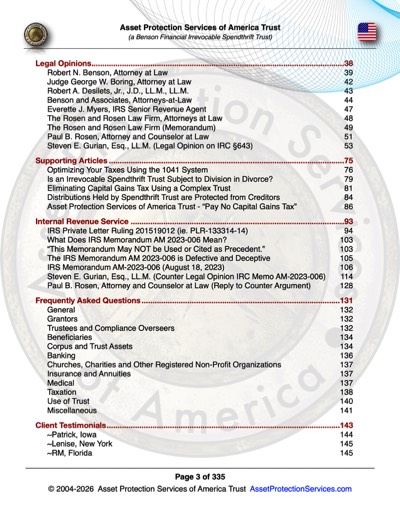
Free Asset Protection Consultation
Please complete this form
Videos
Click Any Image


.jpg)

.jpg)
.png)
.jpg)
.jpeg)
.jpg)
.jpg)

.png)
.jpg)
